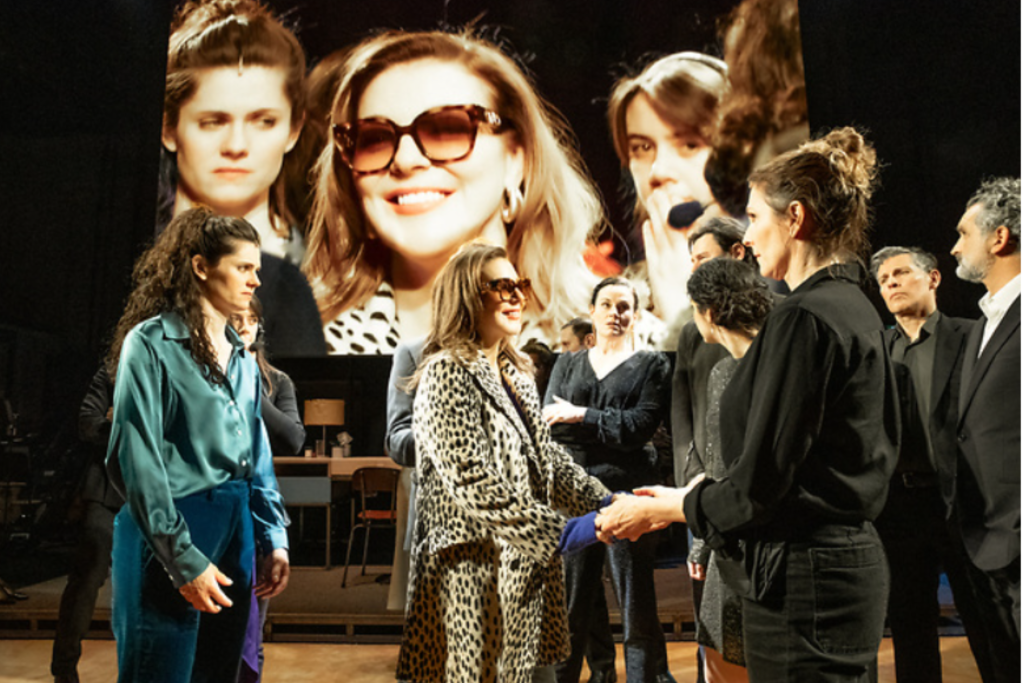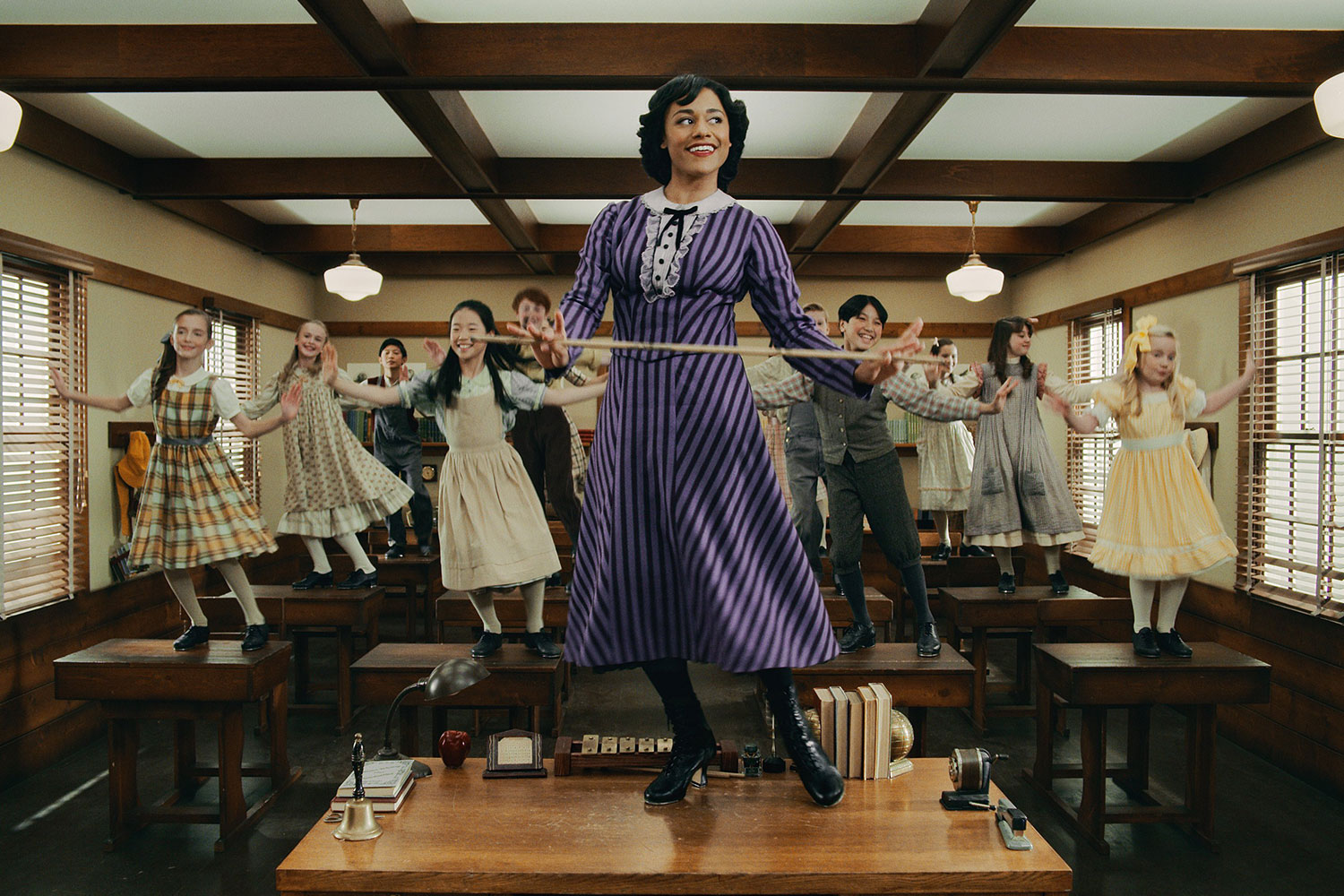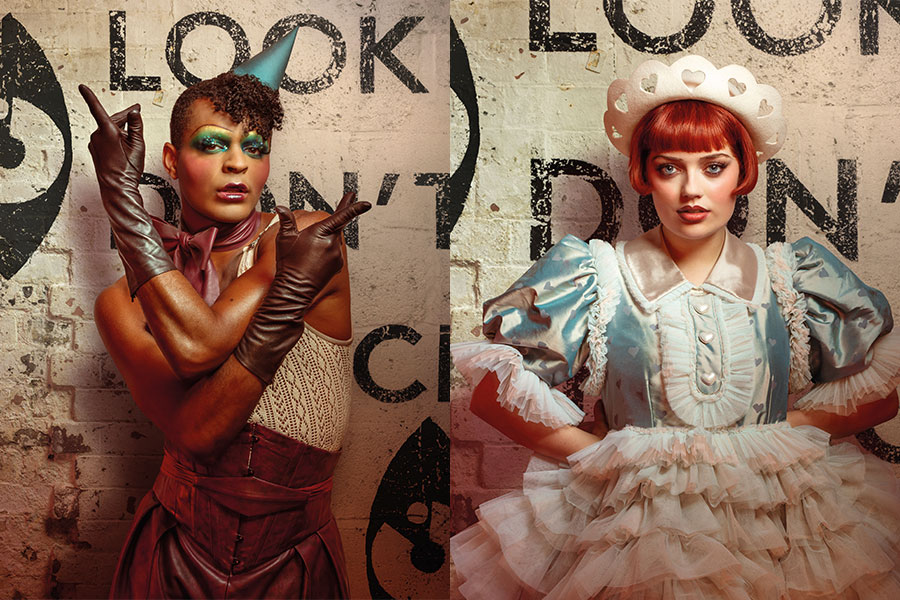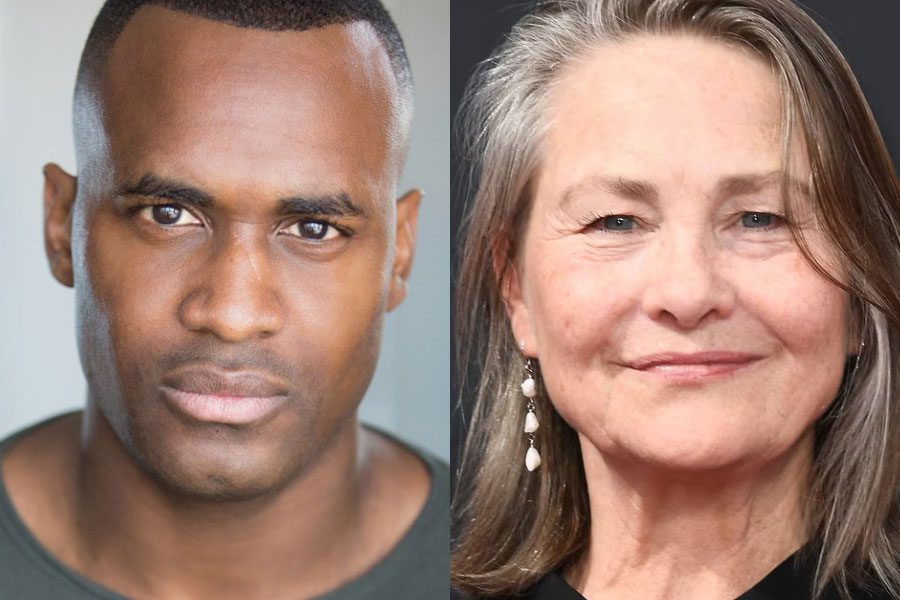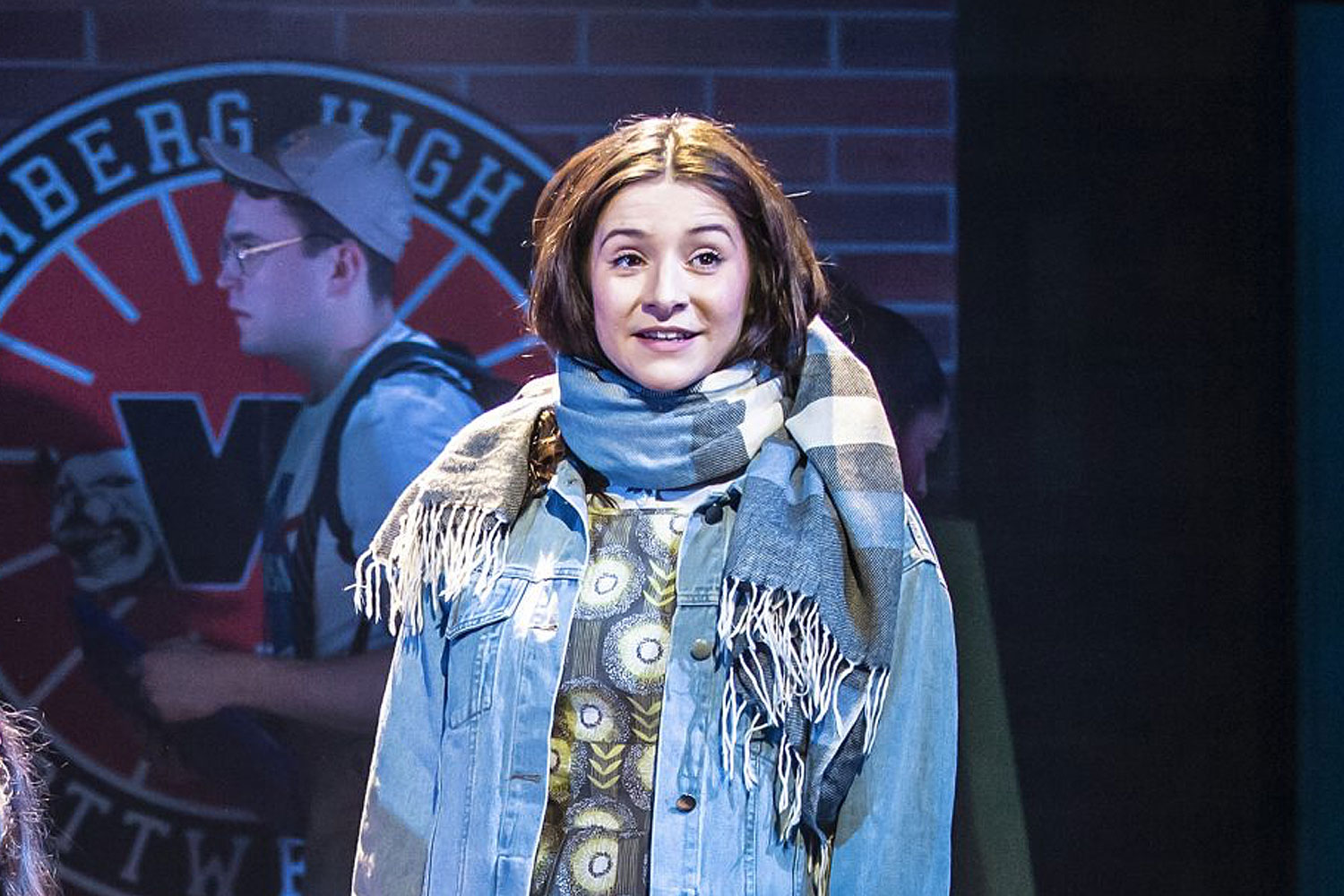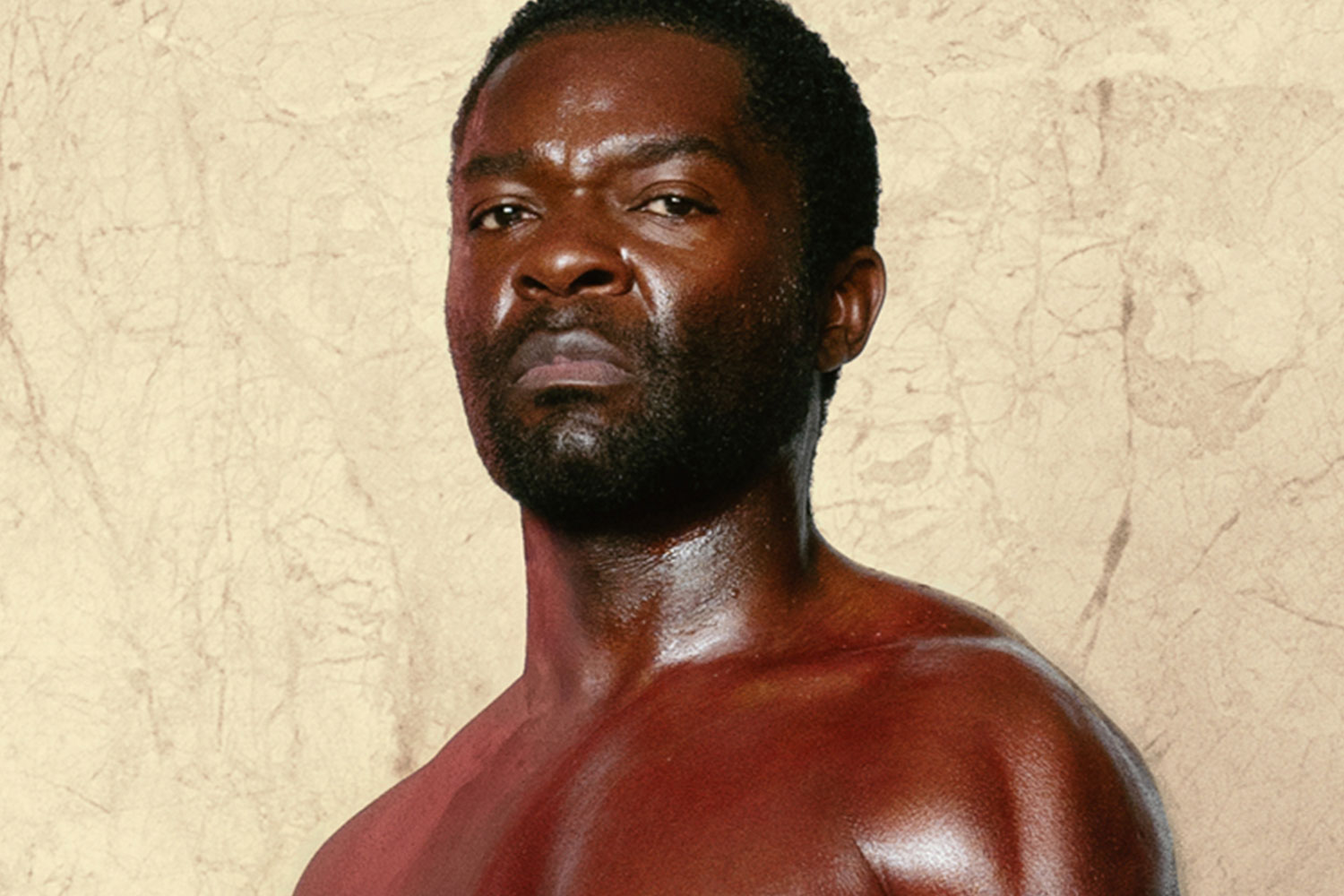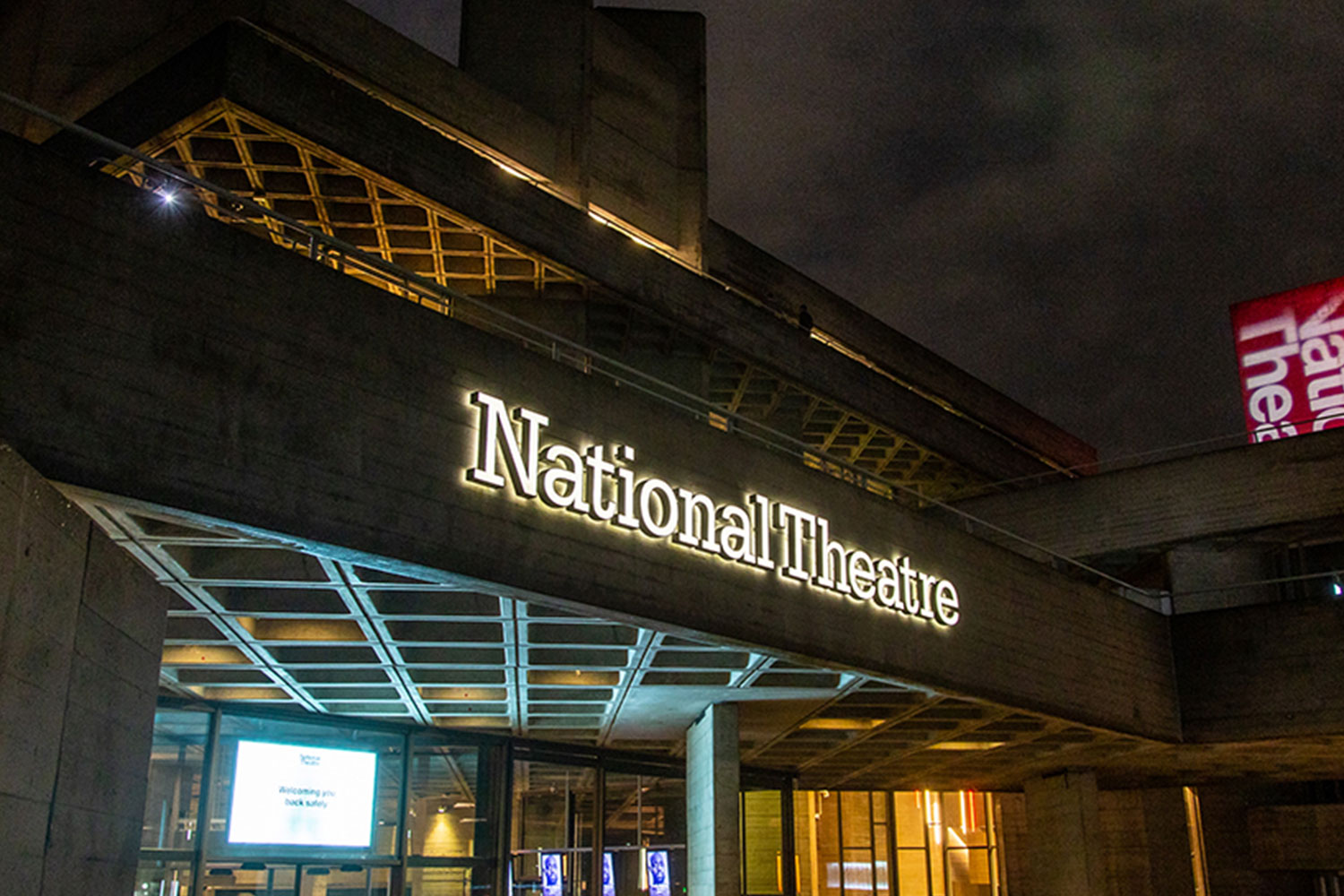Catherine Love: Rewarding variety

This week ushers in the theatre awards season in earnest, and with it the annual squabbling over categories, criteria and voting. The biggest controversy has perhaps already passed, in the form of the revelation that votes had been changed in the Evening Standard’s Best Actress category following a dead heat, allowing Helen Mirren to go home with the gong. But with the Critics’ Circle and The Stage’s awards being presented this week, plus the Offies, the Oliviers and WhatsOnStage’s own awards still to come, there is bound to be further debate around who should and shouldn’t win.
As I’ve reflected before, there is always something a little arbitrary about awards, which will be unavoidably flawed. Quality is such a subjective judgement that the idea of a “best” show, director, actor and so on must be taken with a slight pinch of salt, while the basic fact of visibility means that shows in high profile theatres with long runs generally have a better chance of being recognised than even the most brilliant productions on the fringe or beyond London. The WhatsOnStage Awards may importantly democratise the voting process, eliminating worries about interference with the judging panel, but inevitably the shows with the largest audiences are at an immediate advantage.
It would also be possible to discuss at length the various different categories favoured by each awards body, with all the inconsistencies and oddities they involve, along with the labels that they stubbornly fix to theatre-makers. As Lyn Gardner recently pointed out in her blog for The Guardian, the “promising” tag can be as much of a curse as a blessing, while the rigidly defined job roles identified by awards can ignore many of the complexities and nuances of the creative process.
What awards can be good at, however, is raising the profile of theatre. Their reach is debateable, but it seems highly likely that the broadcast of the Olivier Awards, either over the radio or on television, makes its way onto the radar of those who might not consider themselves to be regular theatregoers, while lower profile awards ceremonies also have a chance of infiltrating the public consciousness in ways that theatre might not normally be capable of. The impression that these events create of the art form will necessarily be limited, but if this is how a reasonable chunk of the population become aware of what has been on our stages in the past year, it strikes me that variety in our awards is the best thing we can hope for.
As much as we might crinkle our brows over the thinking behind some of the categories, perhaps this isn’t such a bad thing. The wider the range of awards – and therefore the greater the reflection of the huge variety of British theatre – the better. The Off West End Awards (or Offies, as they’re more commonly and affectionately known) have done great work in this respect, drawing much-deserved attention to fringe productions such as the Gate’s brilliant Grounded, which has just been shortlisted in three separate categories.
Even more encouragingly, the Offies have a special category devoted to shows that do not fit in elsewhere, offering a chance to recognise work that defies categorisation. Something similar might be said of WhatsOnStage’s Theatre Event of the Year Award, which acknowledges that it is not just individual shows, performers or creatives who make an impact on the theatregoing year. No awards system is going to be perfect, but if we’re going to publicly celebrate anything, I’d rather it was the sheer multiplicity of work that our theatre has to offer.
Take your last chance to have your say before voting in the WhatsOnStage Awards closes on 31 January.





